Component / Assembly
2017-2020
Academic Research, California College of the Arts
With Matt Hutchinson / PATH
This series of research studios explores the architectural detail as a locus for reconsidering contemporary domesticity in the context of new technologies of design, fabrication, and assembly. The work positions architecture as a process rather than a product, and the architect as a designer rather than a specifier. It explores how new fabrication technologies like rotary laser cutting, waterjet cutting, and CNC routing can be leveraged to produce customized components and new spatial and experiential possibilities for architecture.
The research looks to the recent past as a way to project forward into the future. In particular, the Case Study House Program spearheaded by John Entenza of Arts & Architecture magazine (1945-1966) provides a model for how architects can re-conceptualize and re-materialize domestic space through an understanding of contemporary, innovative fabrication and construction processes. Just as the architects of the Case Study House Program crafted new prototypes for domestic living inspired by the postwar (modernist) logics of mass production, this work speculates how contemporary (postmodernist) logics of mass customization can inform new models of domestic space appropriate for today.
The architectural detail serves as the primary site of research and experimentation. Rather than accepting the architectural detail as a predetermined assemblage of standardized parts or products, these projects speculate on the spatial, programmatic, and social possibilities of customizable, parametric, and bespoke details—and how such a paradigm can relate to contemporary domesticity. The work focuses on the domestic component: the guardrails, jambs, sills, stairs, moldings, doors, cabinets, coves, reveals, partitions, wall bases, and other parts that, when assembled together, constitute “architecture.” In the context of new technologies of design and production, the projects reconsider the component’s definition, its construction, and its assembly into larger configurations of structure and space. The ambition is to develop new understandings of part/whole relationships that derive their formal, compositional, and spatial principles from logics of material, fabrication, and assembly.
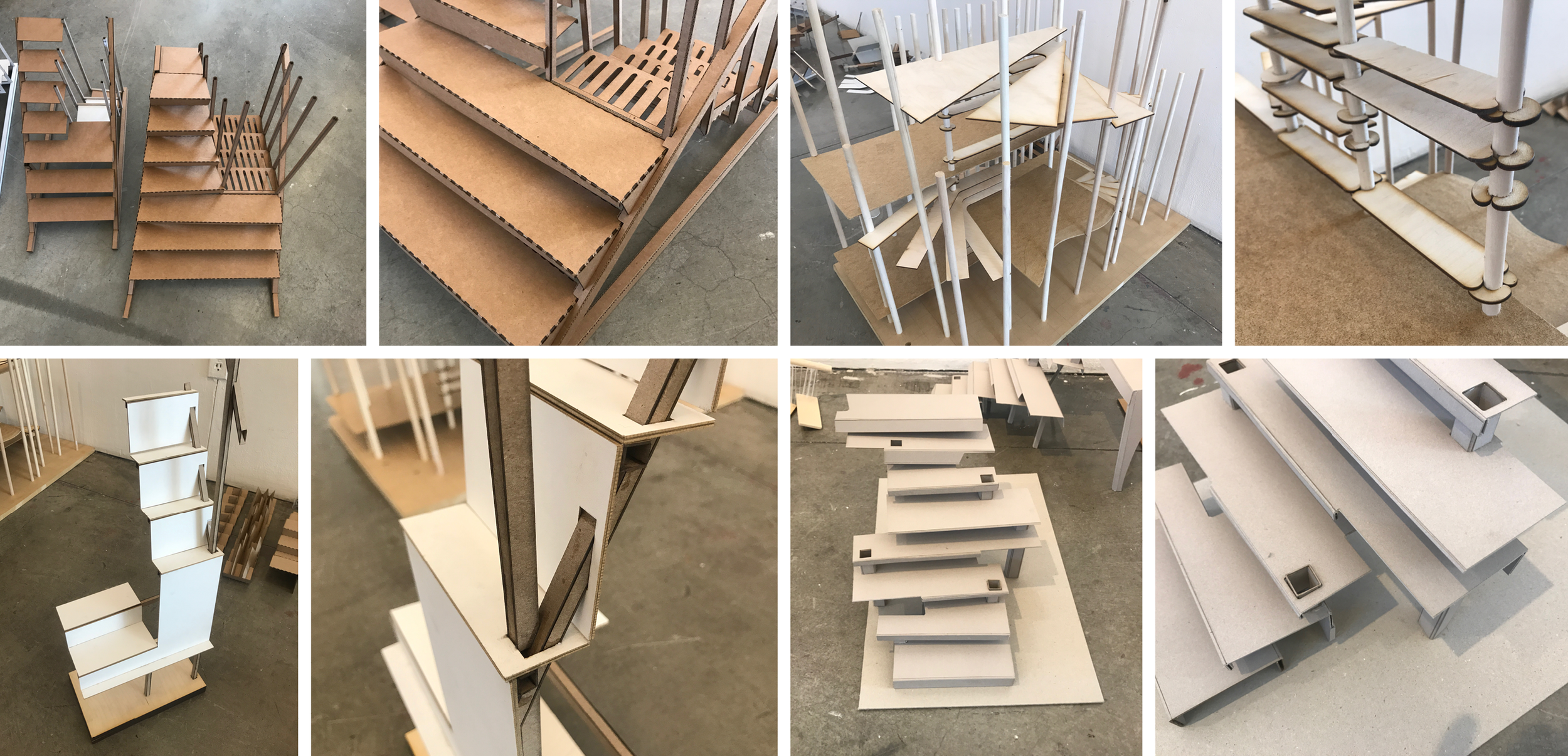
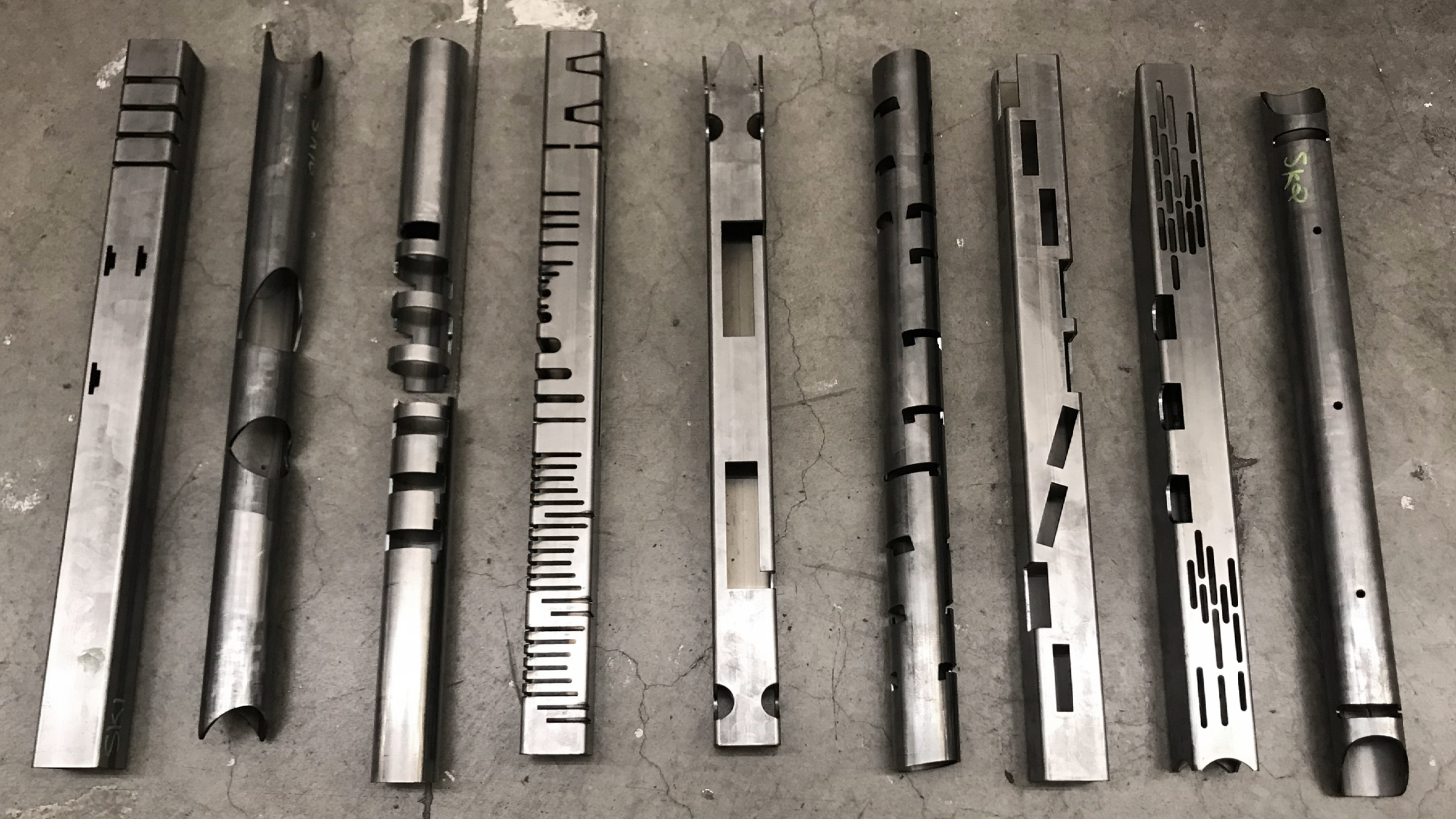
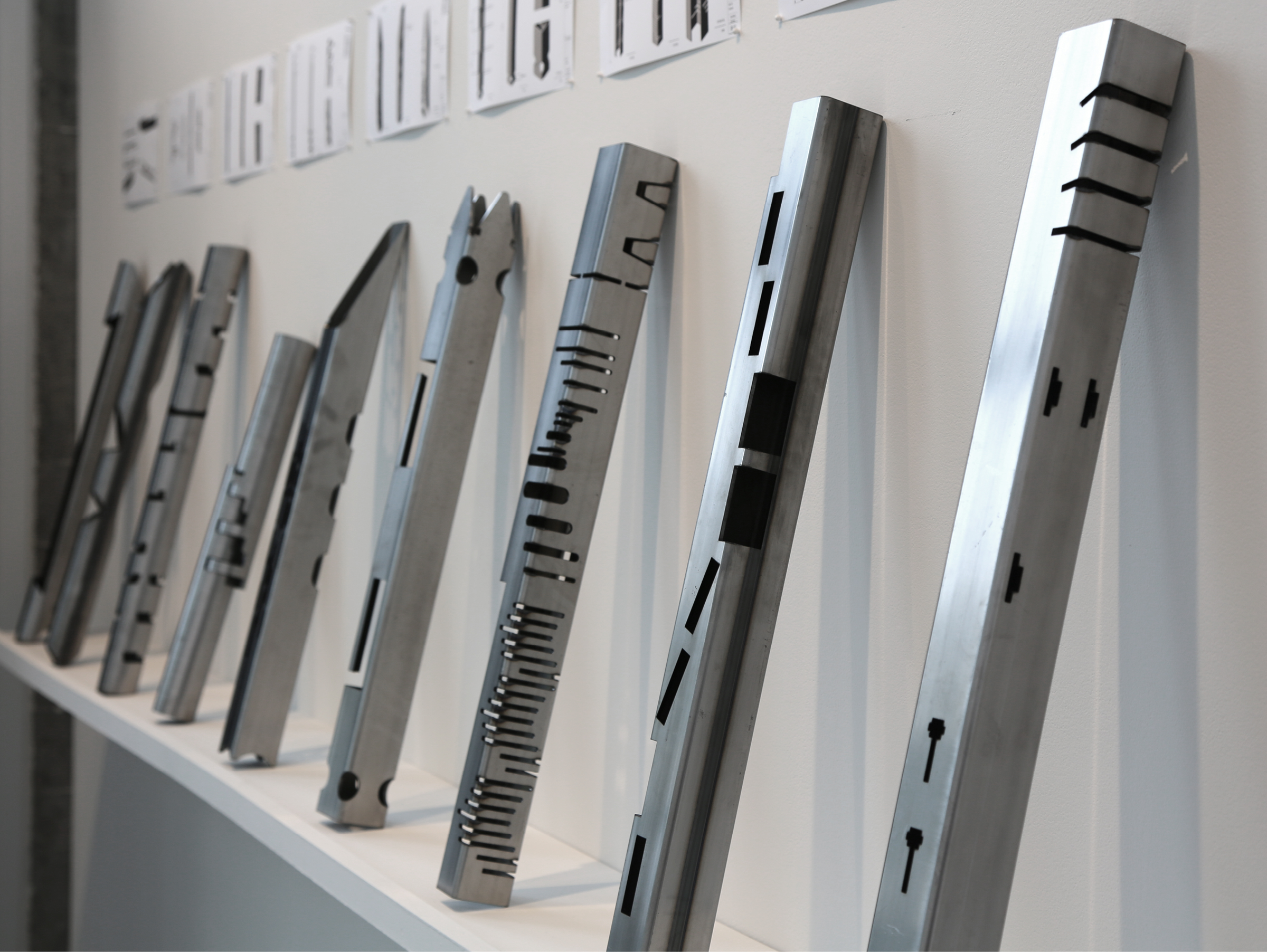
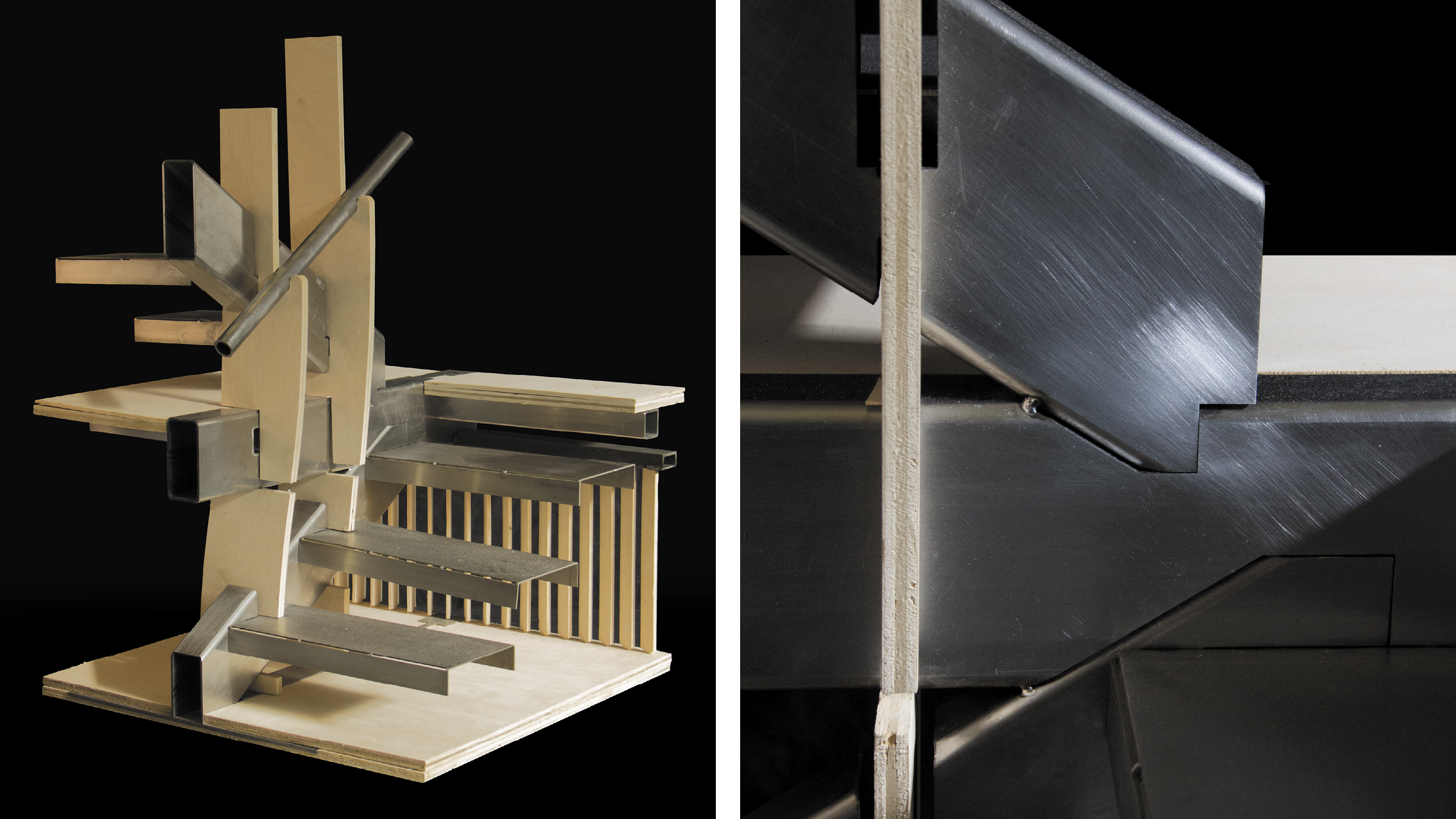
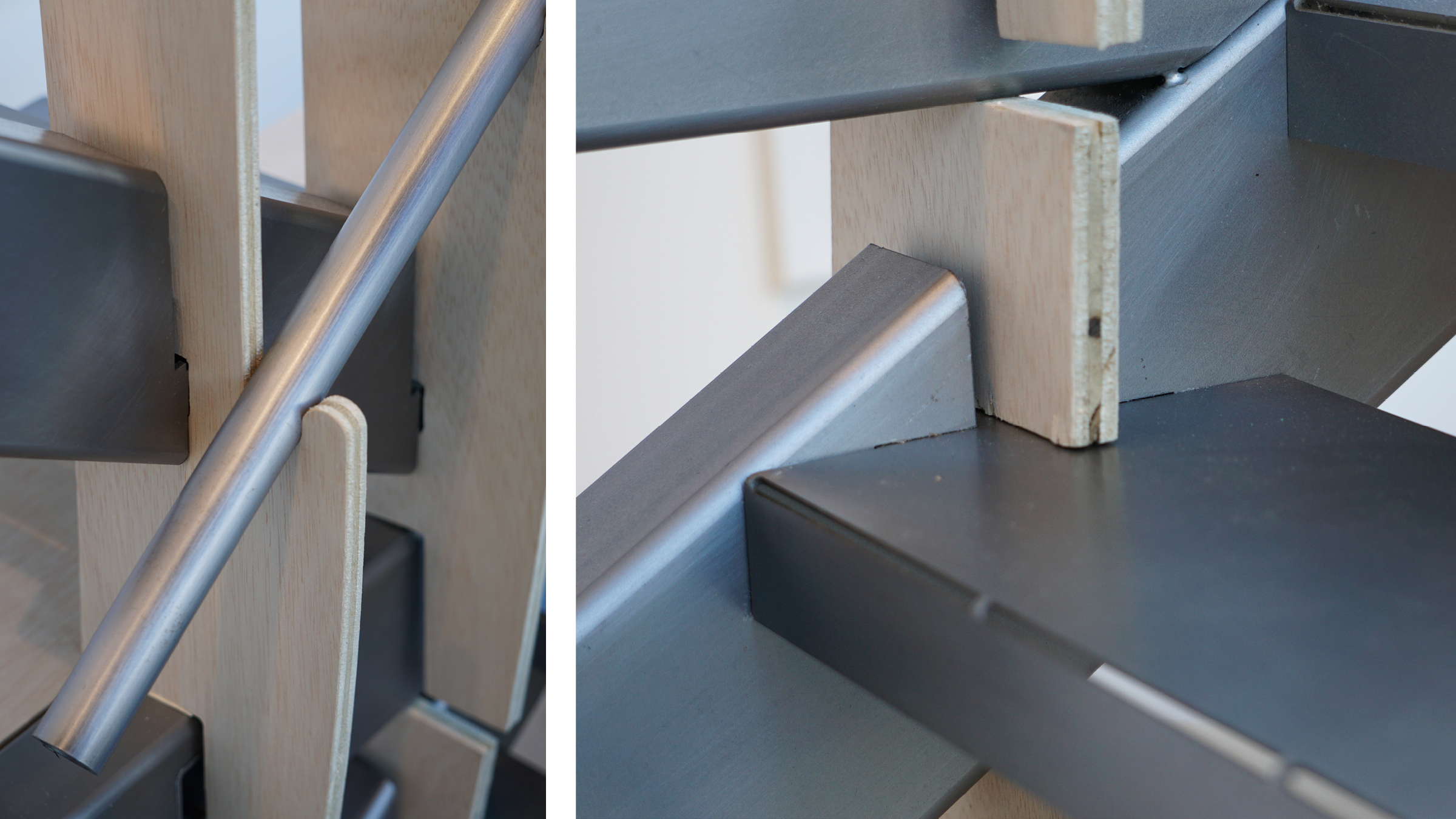
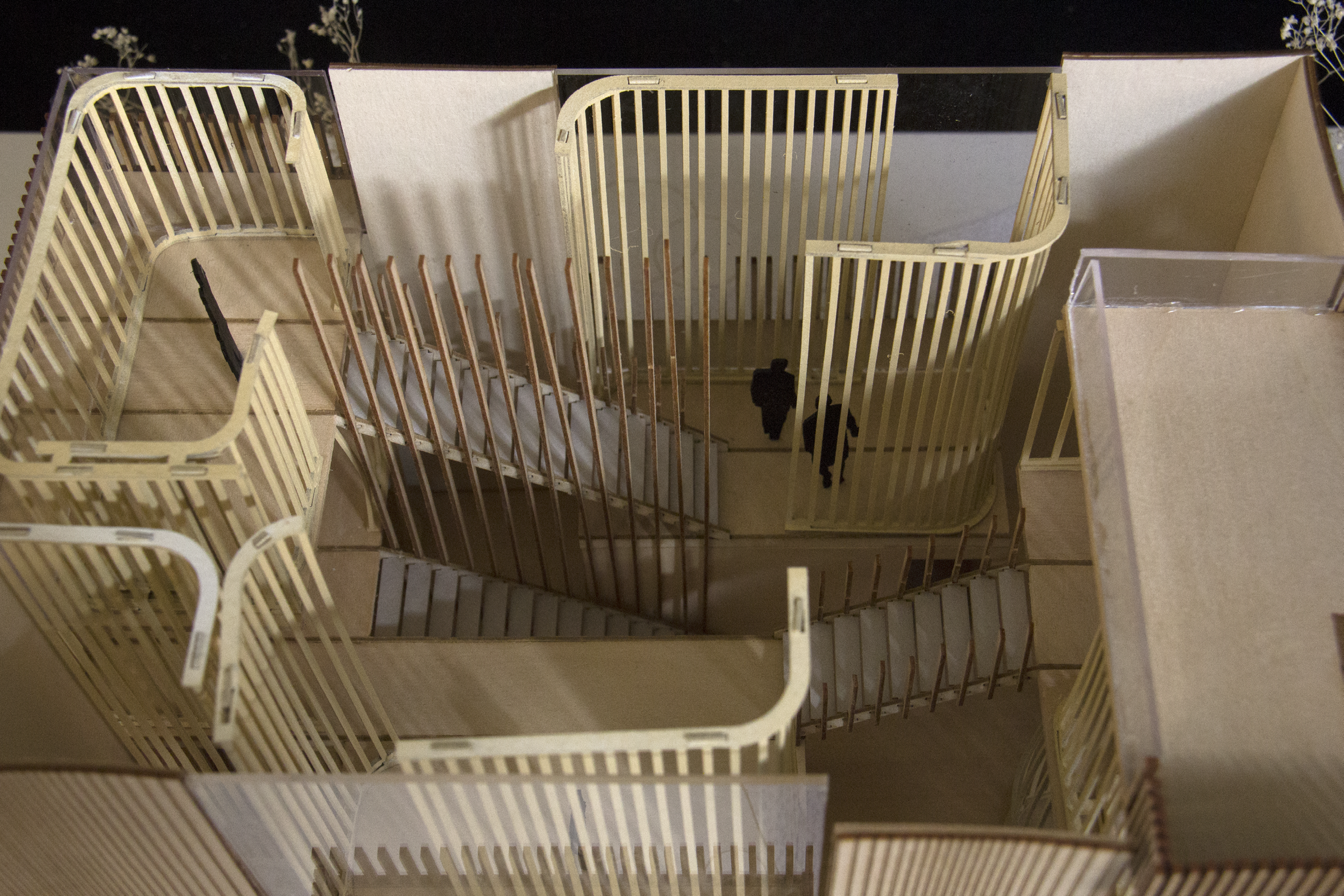
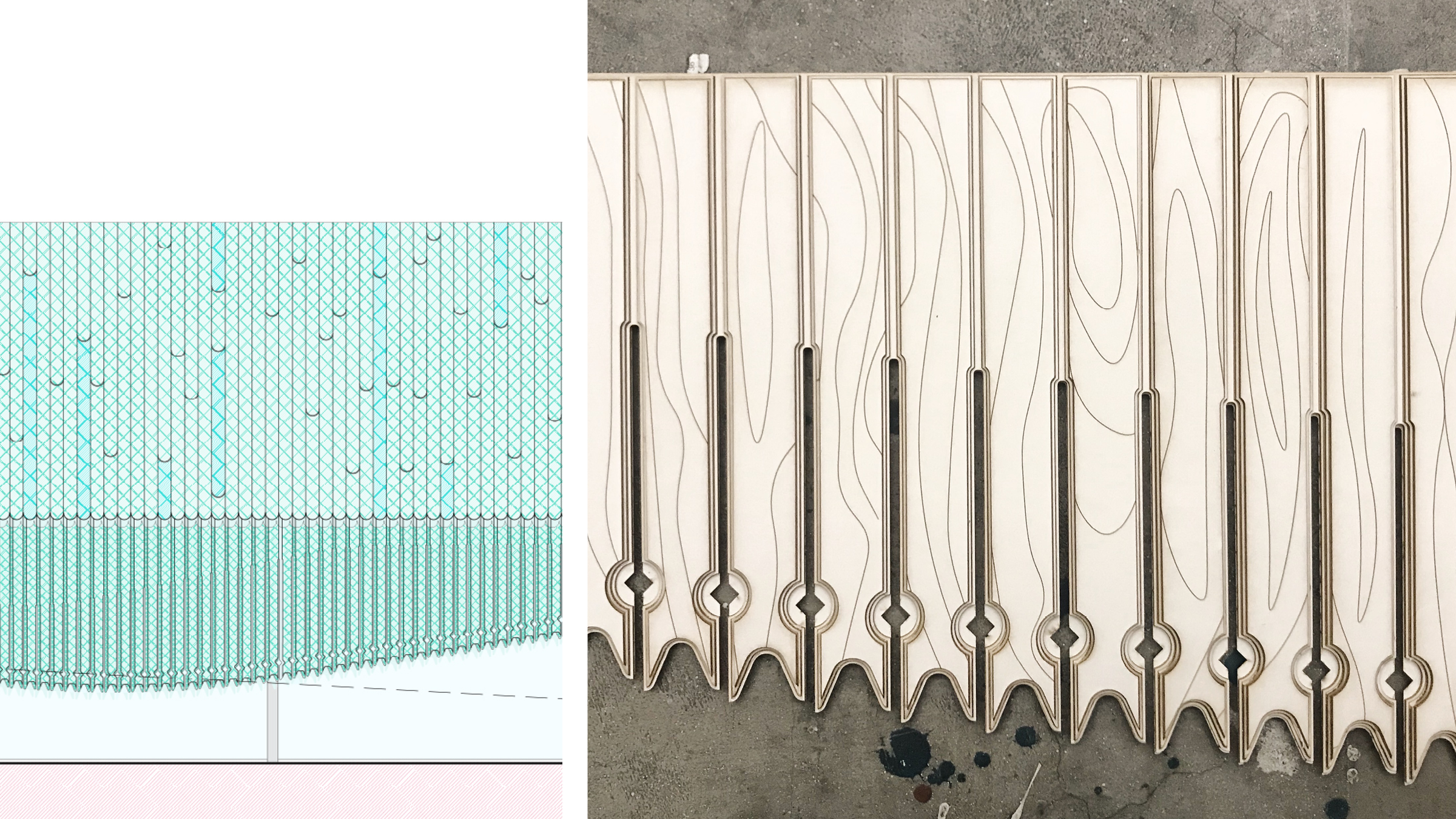
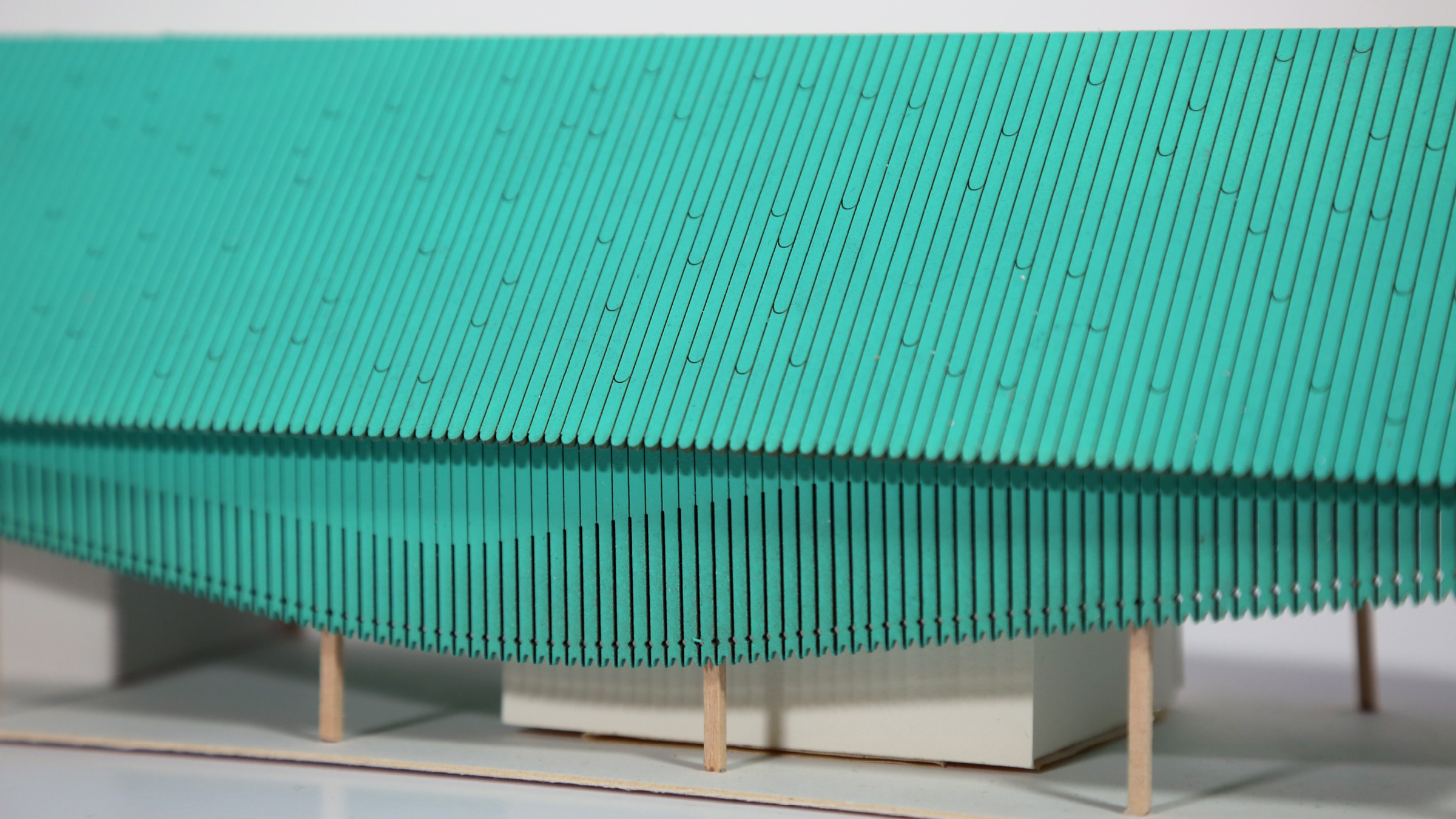
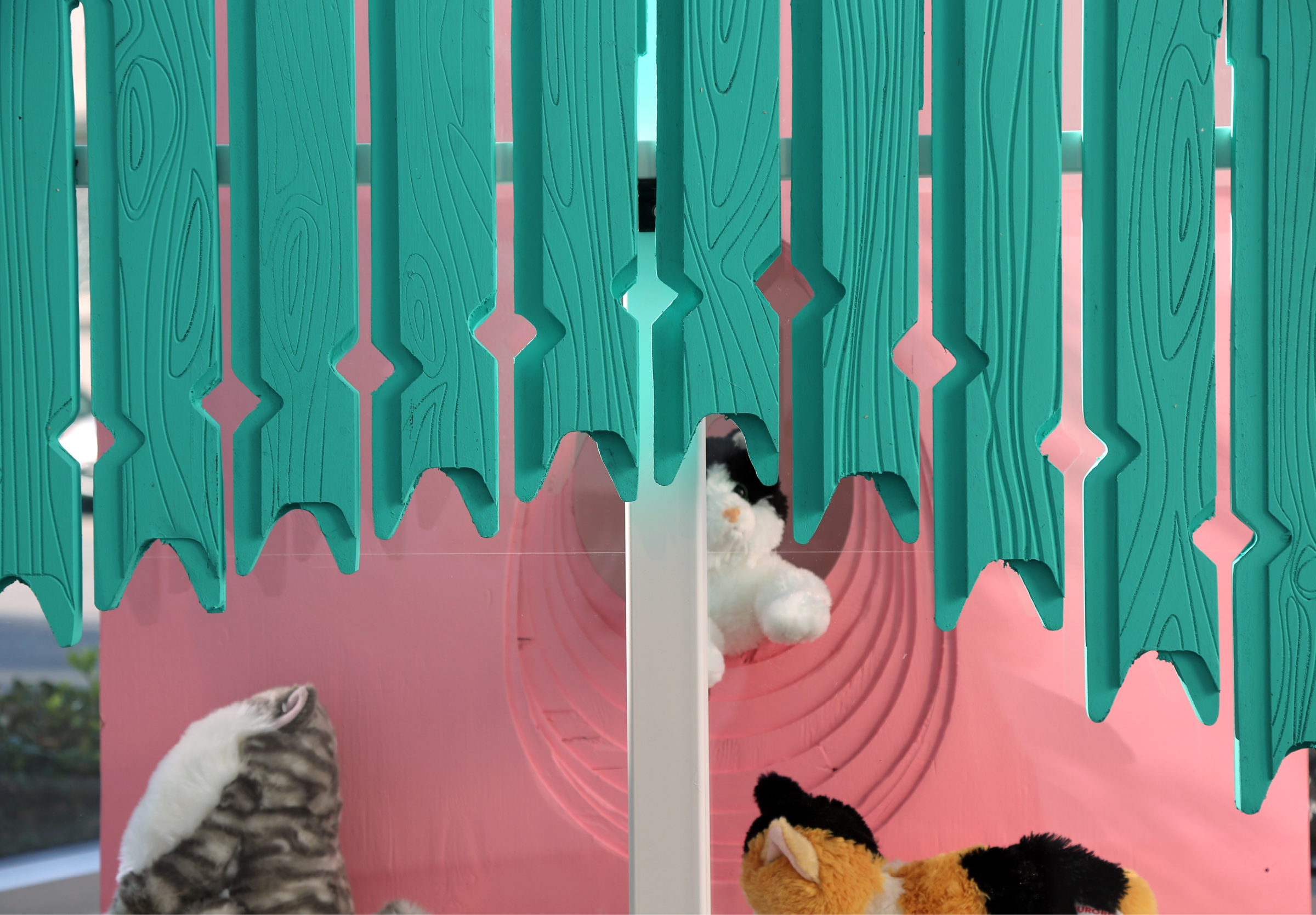
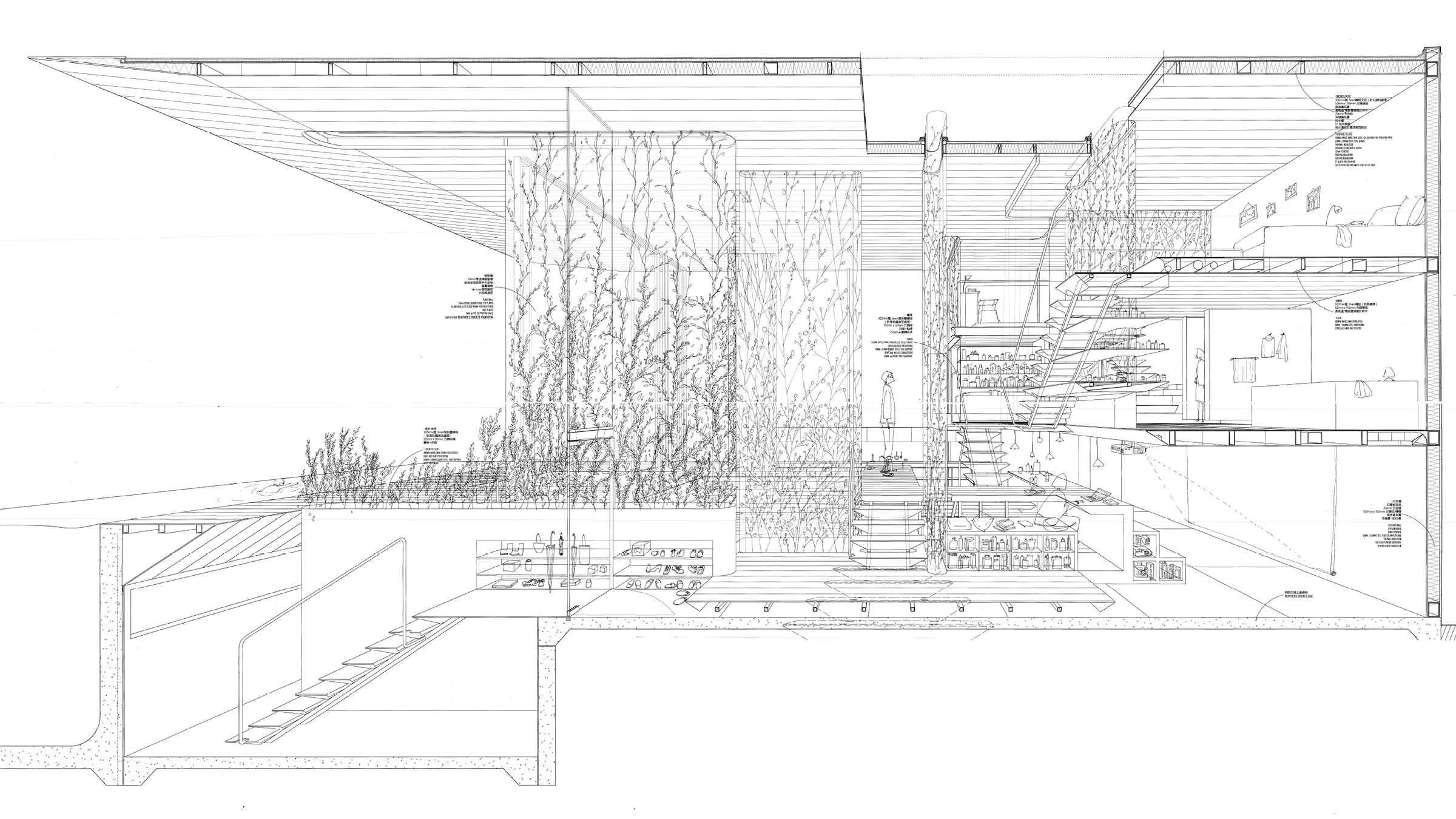
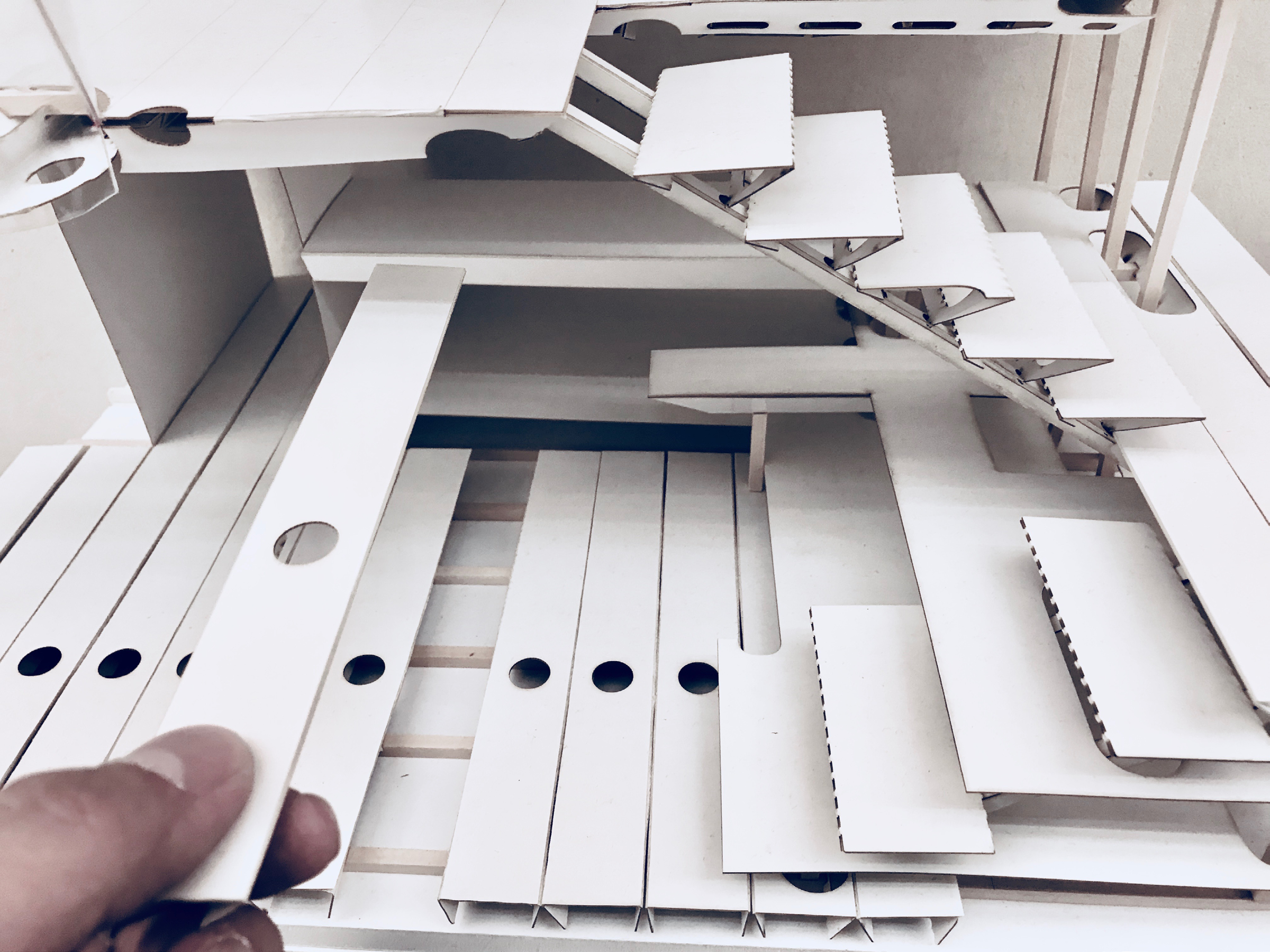
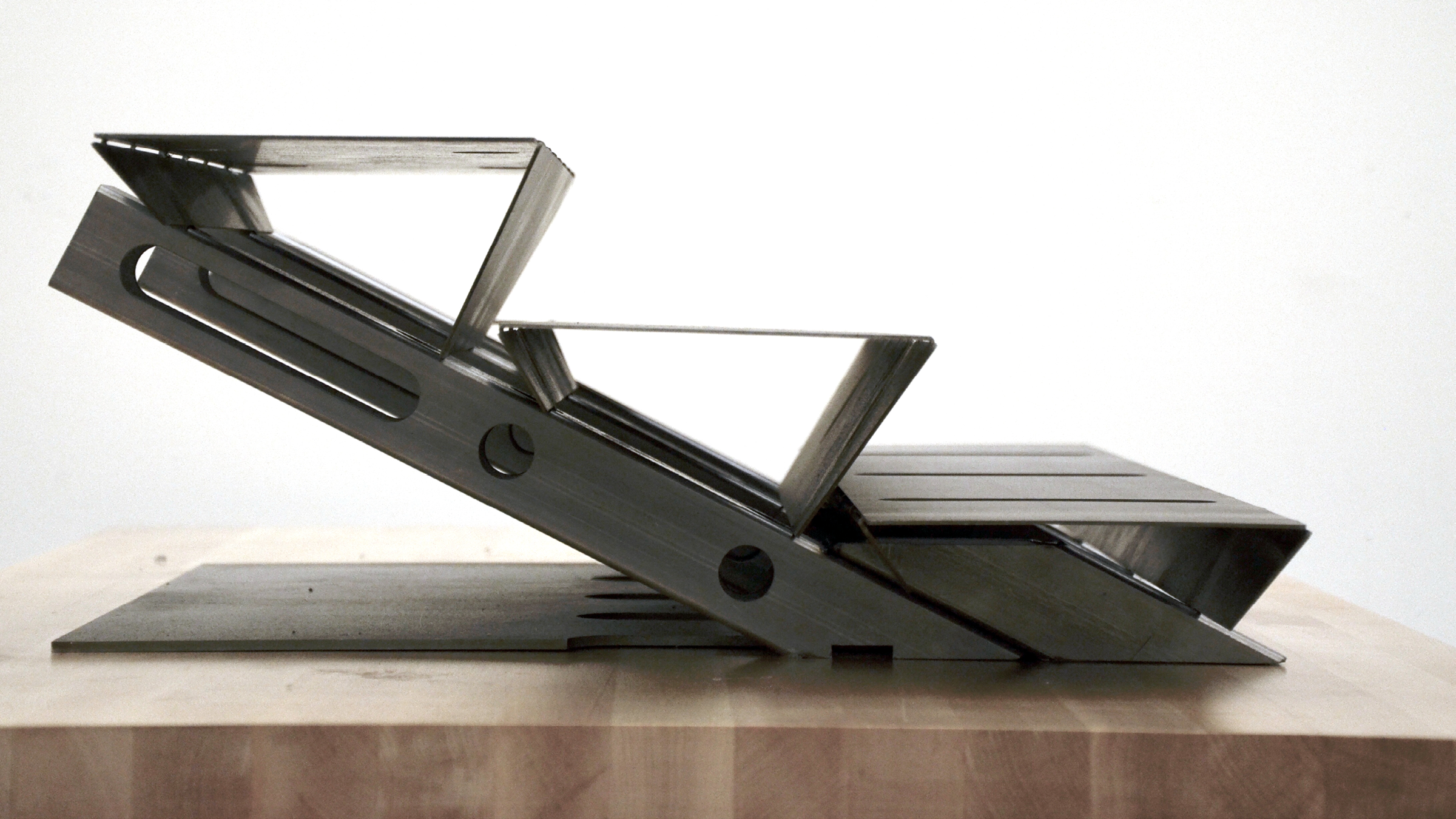
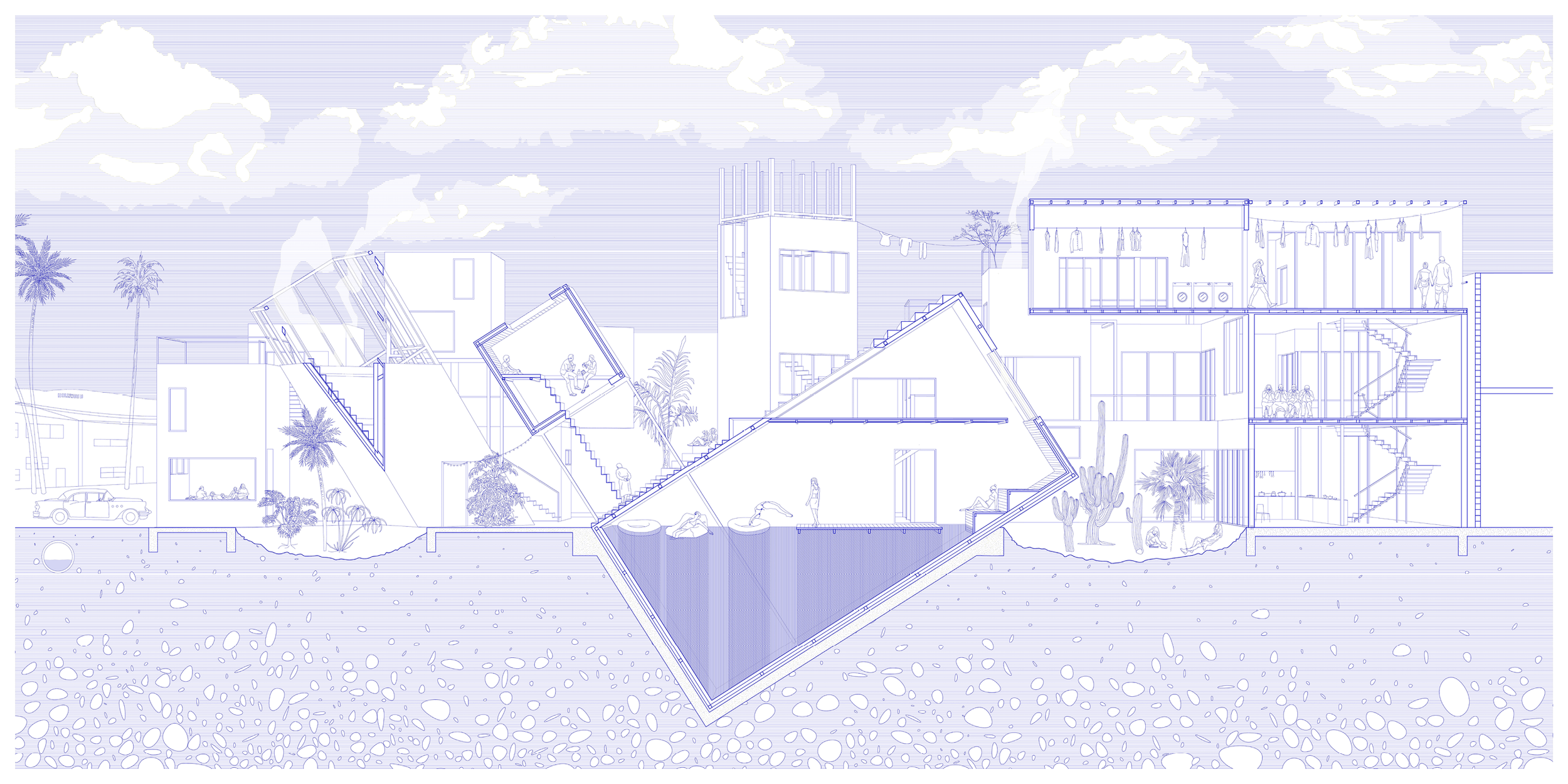
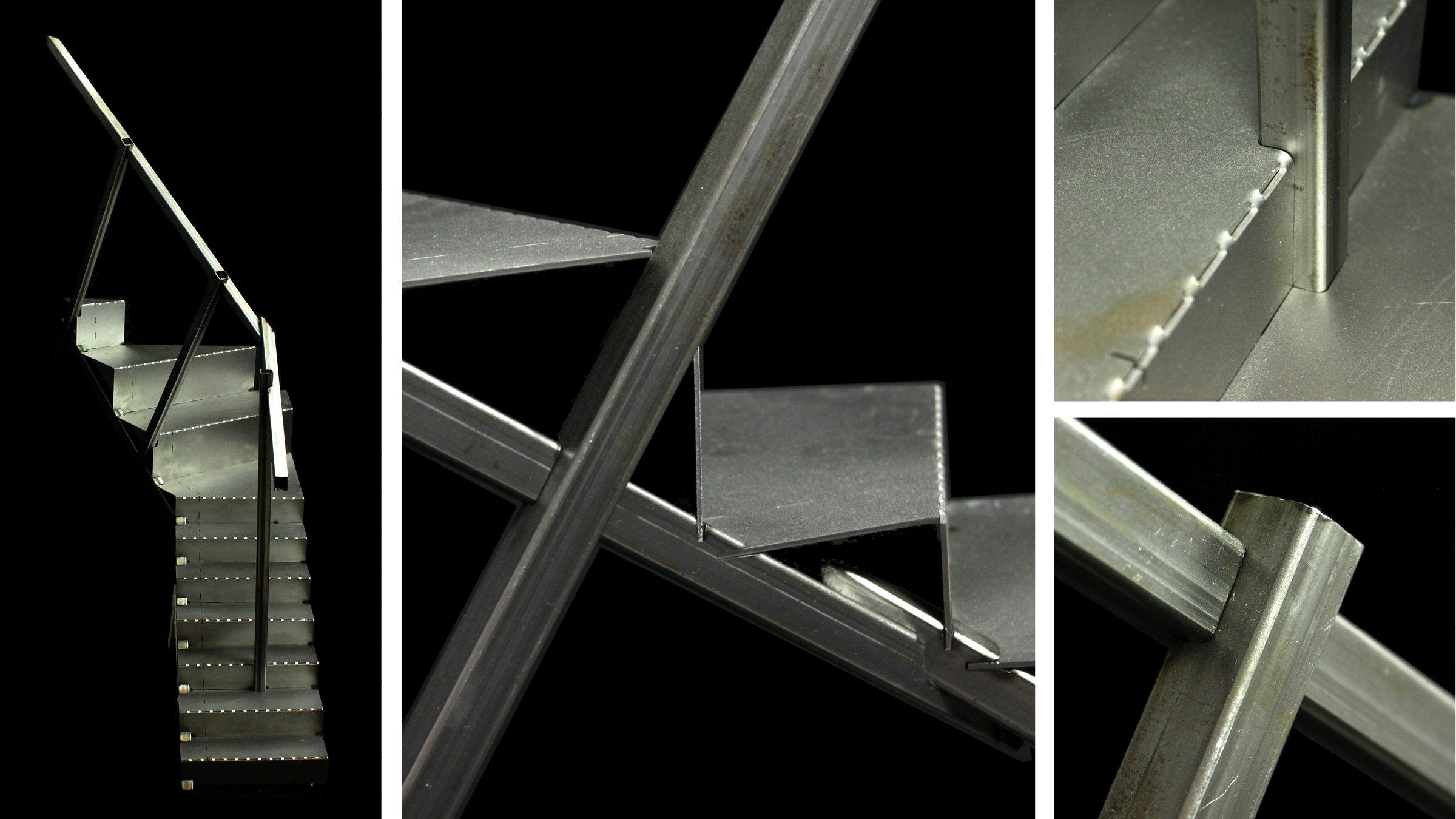
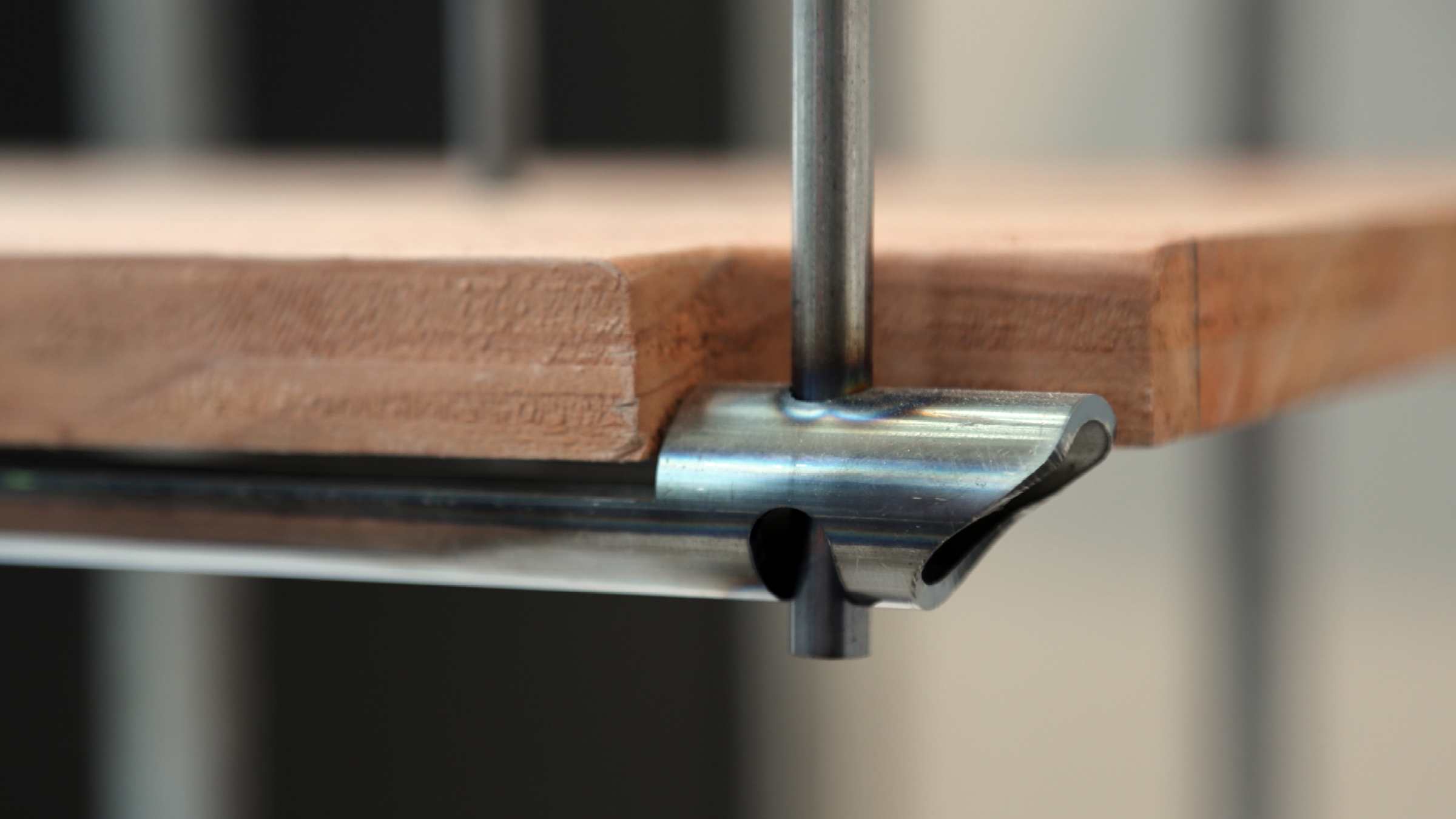
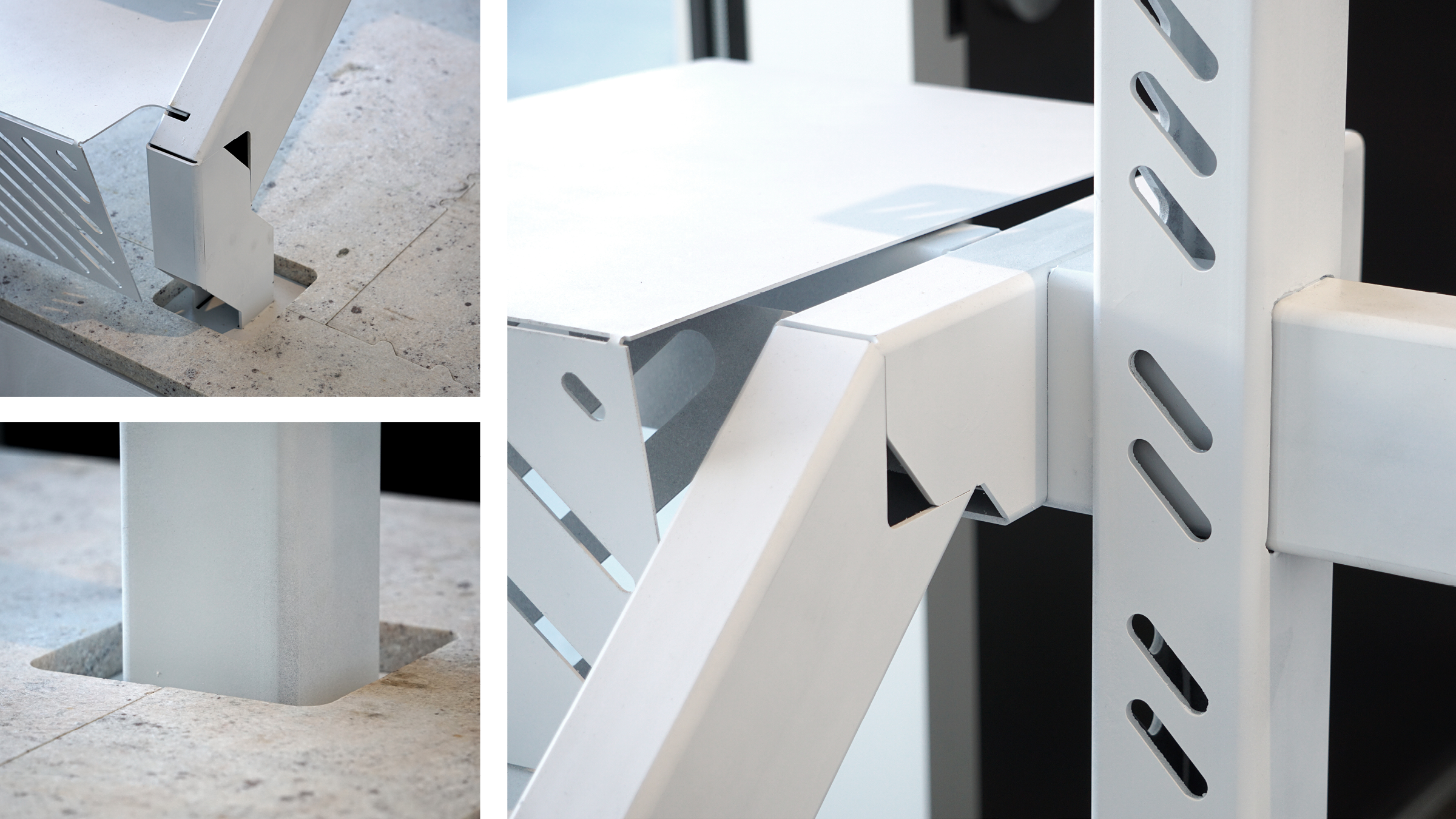
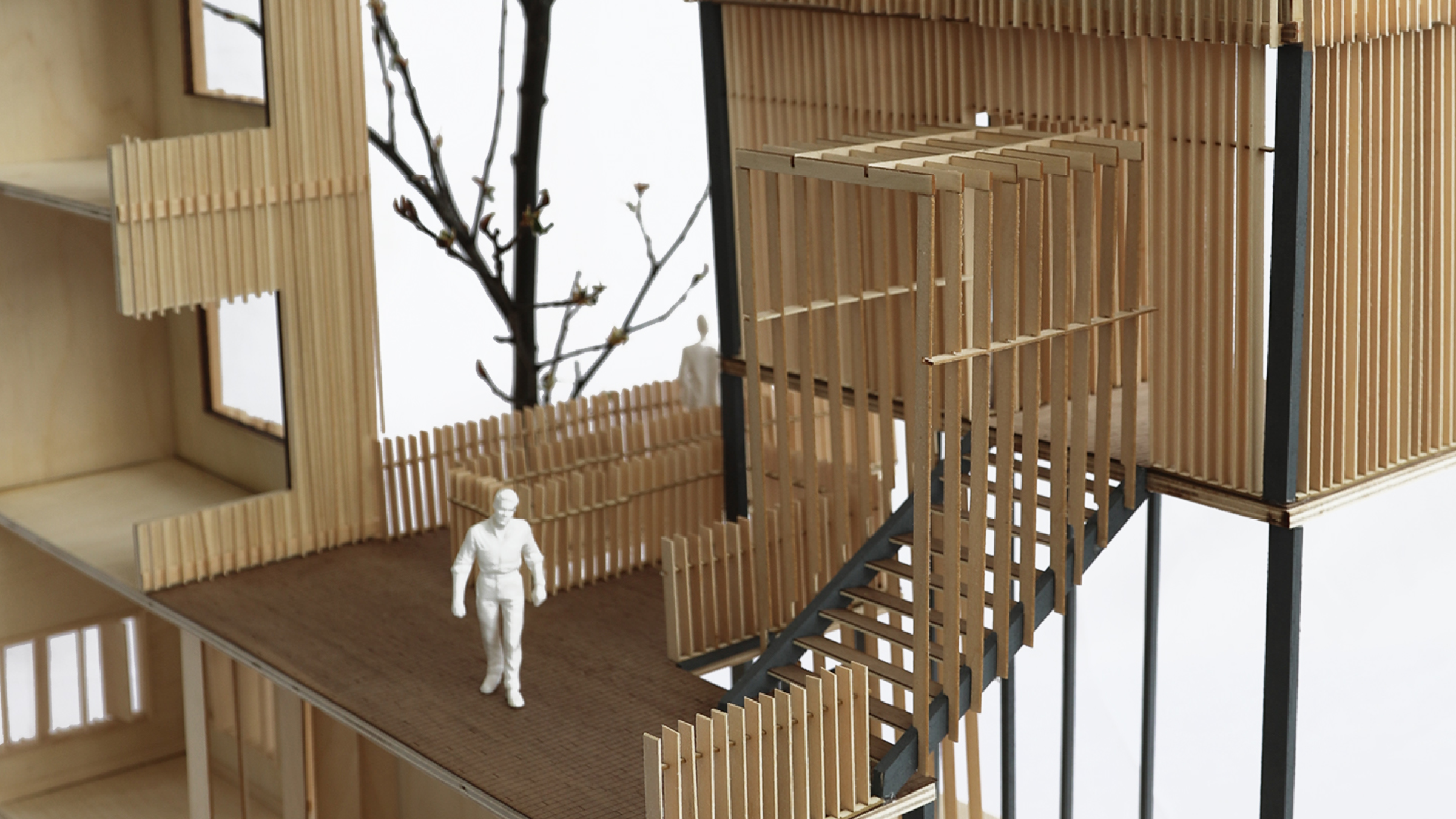
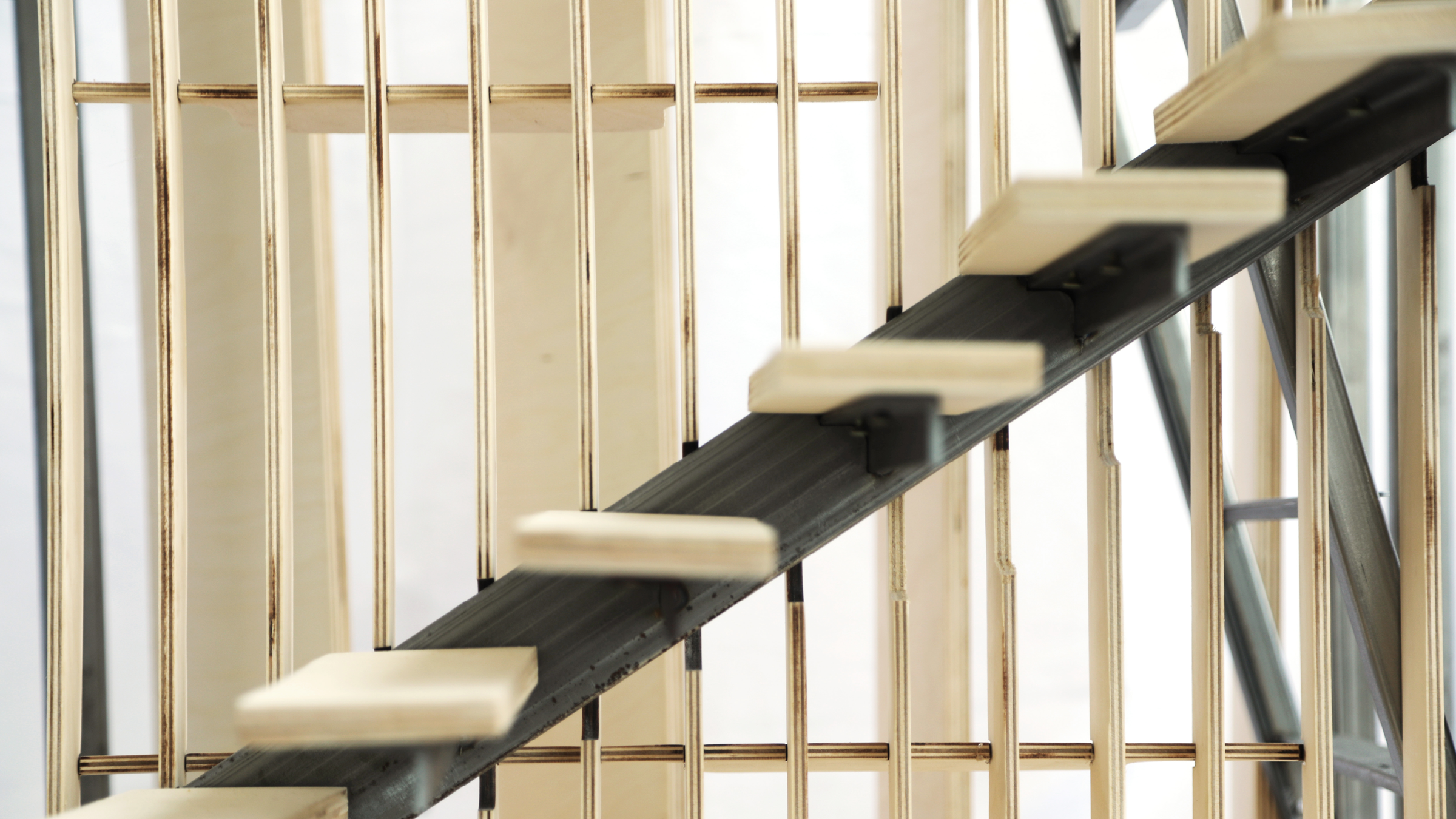
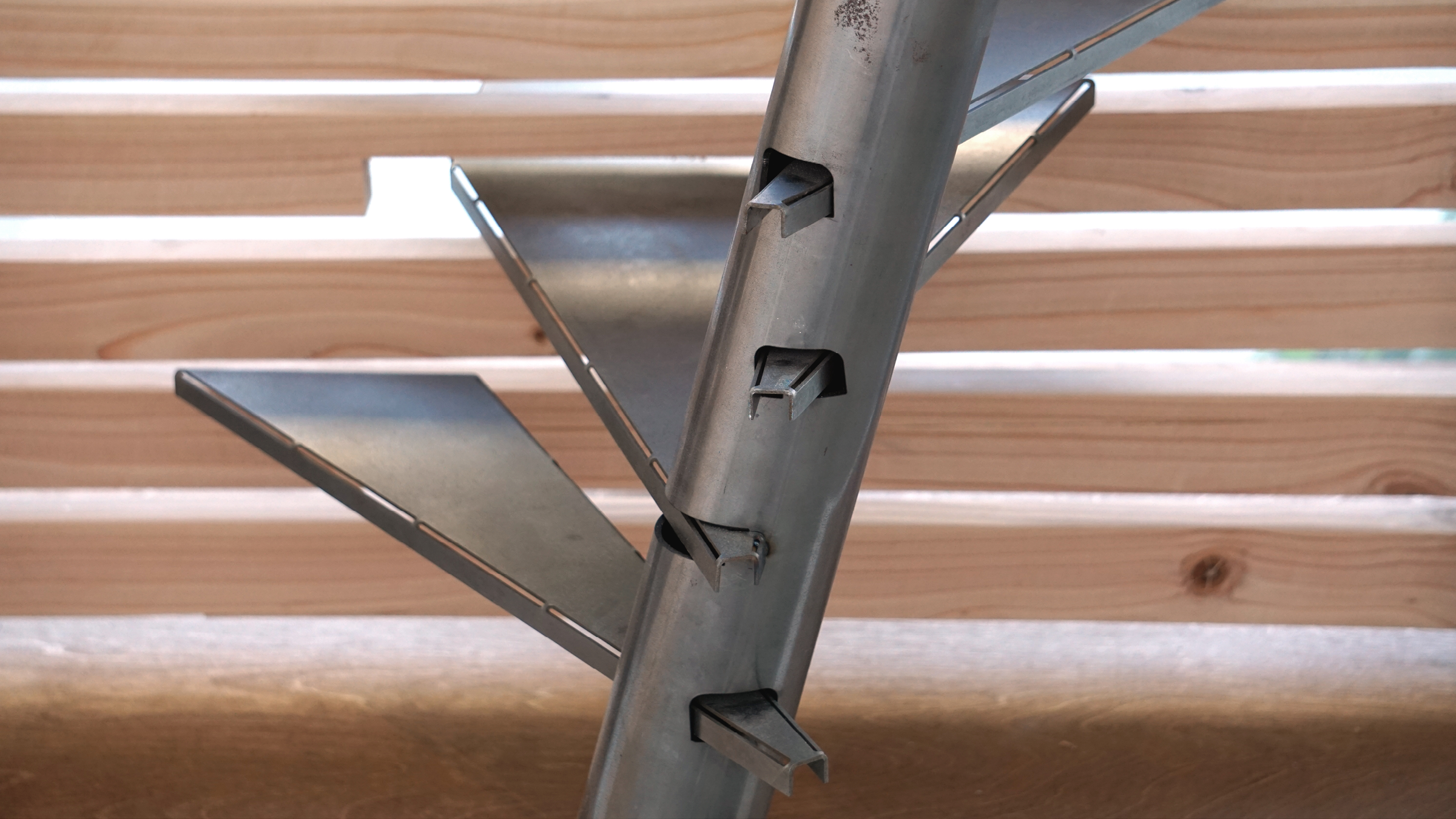
Project Credits:
Instructors: Adam Marcus & Matt Hutchinson
Students, 2017 (Prototyping Domestic Space): Marlene Cacho, Viviani Isnata, Tianran Li, Yue Liu, Levan Maghlakelidze, Shunta Moriuchi, Lilliam Navarro, Hai Pham, Leon Trinh, Ania Burlinska, Jinda Guo, Haonan Jia
Students, 2019 (Prototyping Collective Space): Mia Candelaria, Jiaqi Cao, Samuel Kilpatrick, Yue Liu, Zixuan Liu, Jingyi Luo, Jae Hyun Seo, Jieh Jia Tan, Joshua Van Heidrich, Chuan Zhu, Vishnu Balunsat, Thomas Krulevitch, Ronak Patel
Students, 2020 (Prototyping Common Space): Aljune Drequito, Cristian Laurent, Ireny Abrahim, Marina Rosolem, Mithila Jagtap, Navya Sharad, Valeriya Velyka, Amy Spanos, Brian Wu, Jiries Alali, Mahshid Tabatabaei, Mariajose Angueta, Michelle Boyd, Pietro Carini, Yuyi Zheng
Project Sponsors: Autodesk Workshop at Pier 9, CCA Curriculum Development Grant
Fabrication Support: Autodesk Workshop at Pier 9, Tube Service Co., Seaport Stainless

